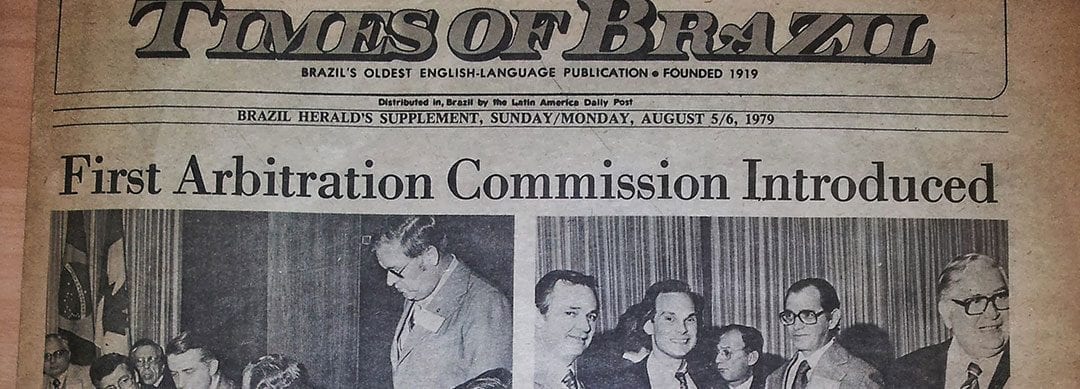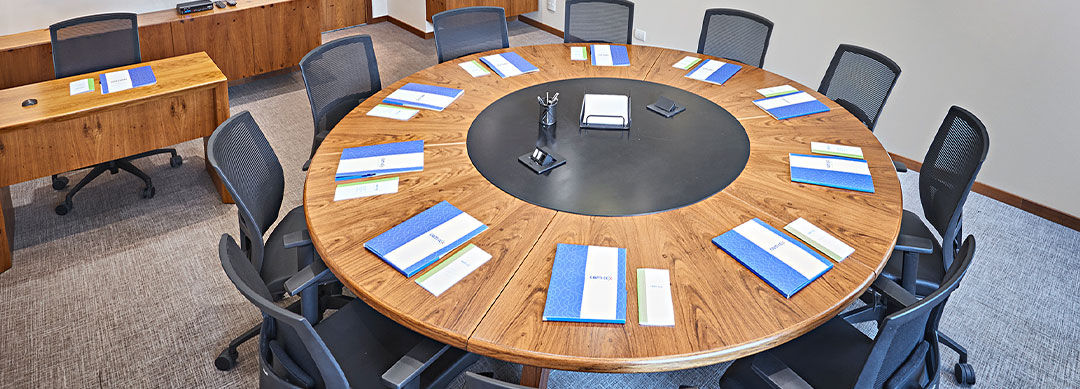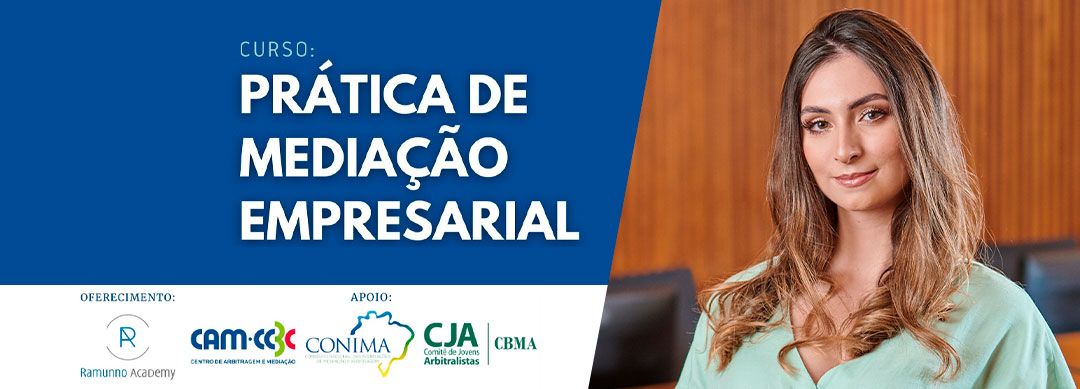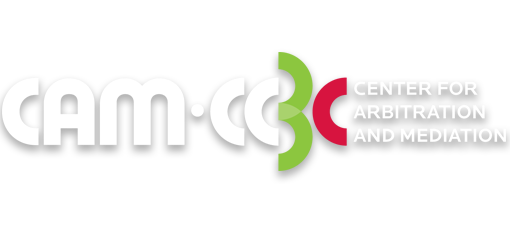The CAM-CCBC, the first Arbitration and Mediation Center in Brazil, will celebrate its 40th anniversary celebrating its pioneering vocation. The institution was inaugurated in 1979 by a group of professors and lawyers who made history when editing the first institutional regulation of Brazilian arbitration.
At that time, there was an article in the civil procedure code that mentioned the possibility of arbitration proceedings. The arbitration award, however, should be brought to the courts for validation. “We were investigating issues related to the formalities and the merits of the decision, which discouraged the use of arbitration”, explains the current president of the CAM-CCBC, Carlos Forbes.
The arbitration law was enacted in 1996, but it was only a few years after its constitutionality was approved by the Supreme Court in the early 2000s that cases grew in geometric progression. If by the middle of that decade there were about five, in 2017 the CAM-CCBC received more than 140 arbitration proceedings. “With the declaration of constitutionality, the judiciary itself has begun to point this way”, Forbes adds.
For a pioneering institution, making a birthday is thinking about the future. Under this premise, the current president commented on trends in a video recorded in honor of CAM-CCBC’s 40th anniversary and in an exclusive interview with the Center’s first Newsletter to receive ISO 9001 certification in 2004 and constantly renewed.
INTERNATIONALIZATION
“A wise idea initiated by the former president of the CAM-CCBC Frederico Straube (2007-2015), showing that in Brazil arbitration is done with excellence. Straube has promoted agreements between arbitration centers, as we have in Portugal, Chile, Italy, Spain, Germany, United States. Another great moment for this internationalization was in 2017, when we had the CAM-CCBC rules adopted by Vis-Moot in Vienna”.
CASE MANAGERS
“I’ve always believed that executive secretaries, or case managers, could handle a maximum number of procedures. So, to meet the increase in demand, we have gone from four to eight secretaries in recent years. Case managers are experts. They provide the arbitrator, the lawyer and the parties support in the development of the procedure because they understand that the most important thing is for the procedure to go to the end with quality. That’s the big CAM-CCBC credential.”
DISCLOSURE OF THE ARBITRATION COURTS CONSTITUTED ON THE CAM-CCBC WEBSITE
“There is an international demand for greater knowledge of the participants in an arbitration. This is very good, this generates more knowledge, more transparency in the market. One of our resolutions reaffirms the commitment to disseminate this type of information on the website. We expect, as in other cases, that this initiative be followed by other institutions.”
MEDIATION
“A deal is much faster, cheaper. No one wins or loses: what happens is that the parties arrive at the best solution. If you have a complex conflict, why not take it to mediation first? To give you an incentive, we have issued a resolution that deals with a discount on the administration fee for this type of procedure. It is as good for anyone who interrupts arbitration to try mediation, or who resorts to arbitration after failing to reach a mediated agreement.”
FIRST SP ARBITRATION WEEK
“We have the CAM-CCBC Arbitration Congress in the penultimate week of October, which already has its target audience, but there are other side events on the same subject. Then we had the idea based on what exists in other countries to create the SP Arbitration Week, where we provide an agenda of these events for people to meet, exchange knowledge. In this first edition we gathered 19 events.”
TECHNOLOGY
“Technology integrates our activities and our planning. In 2018 we launched a new website and an application, which represent transparency in addition to a series of information that is fully available to the public. Another point: the communication of the administrative phase became totally electronic, streamlining the arbitration procedures in at least one month. Of course, this is not so easy, but in the next few years we want to increasingly digitize the arbitration procedures with the necessary security”.





